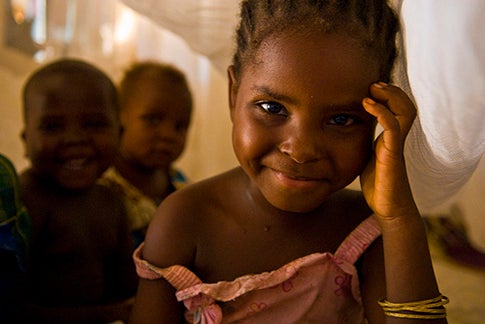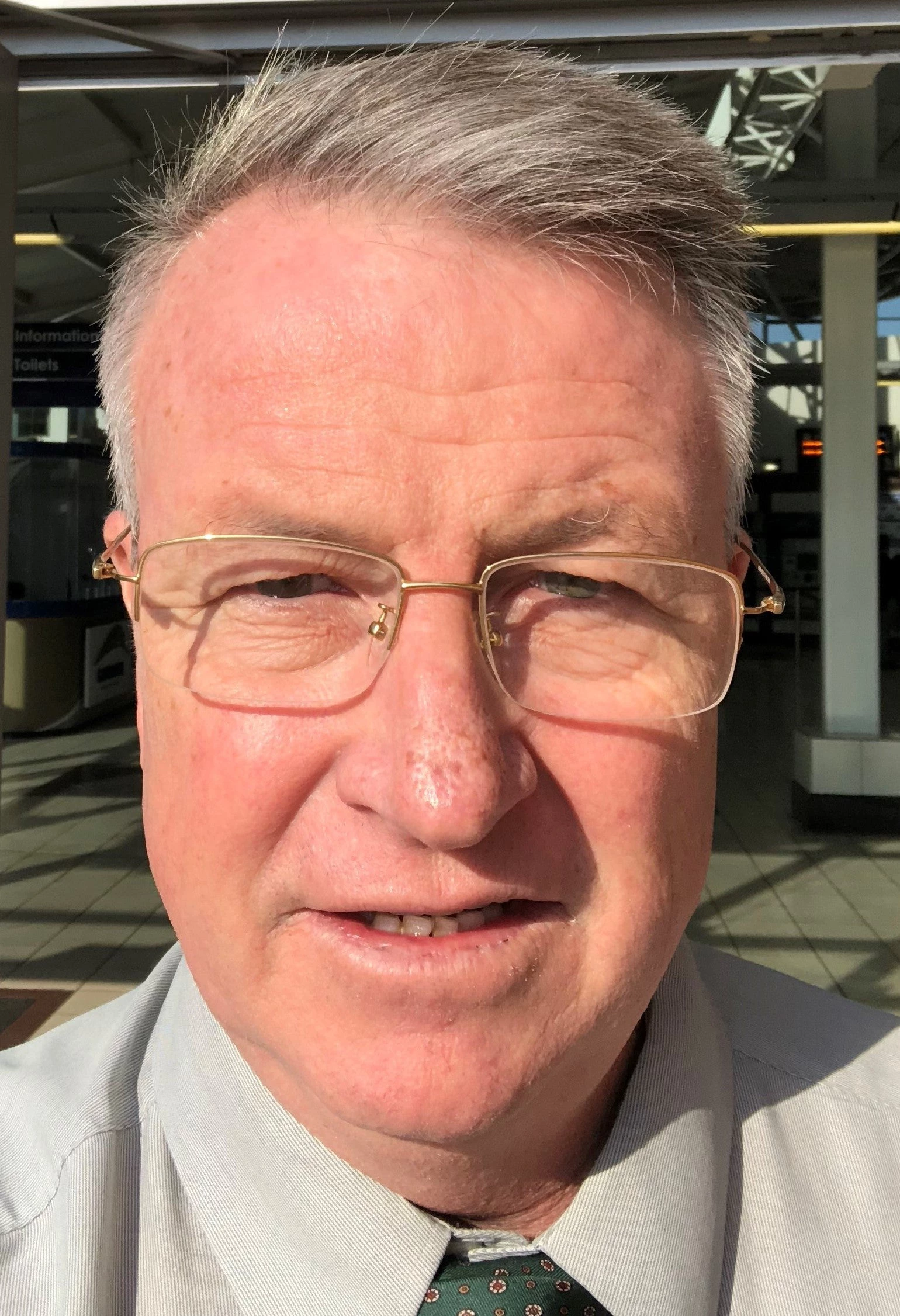
Unprecedented progress, promise and challenge mark World AIDS Day 2012. Science has given us the tools to defeat the deadliest epidemic of our age, and we dare envision – with U.S. Secretary of State Hillary Clinton – an AIDS-free generation.
Globally, we have an expanding armory of prevention tools, we have developed more drugs to combat AIDS than every other retrovirus in history combined, we have reduced AIDS drug costs from more than $10,000 to under $100, and we have extended AIDS treatment from under 50,000 less than a decade ago to more than 8 million today in the most rapid scale-up of lifesaving treatment in history.
According to the latest UNAIDS report, new HIV infections have declined by more than 50% in 25 low and middle-income countries. AIDS-related deaths have fallen by more than 25%. Yet AIDS remains the deadliest infectious disease of our age, still responsible for over 65 million infections and 30 million deaths cumulatively, and roughly 3 million infections and 2 million deaths a year.
Infectious diseases – primarily AIDS but also tuberculosis and malaria – still account for almost two-thirds of mortality in Africa. Almost four million children in South Africa alone have lost at least one parent to AIDS. Global AIDS financing has stagnated and more than 20 countries in Africa rely on external funding for over half of their AIDS budgets.
Our global success in fighting AIDS illuminates our wider fight against disease, ignorance and poverty. It attests to the transformative power of four critical elements: science, solidarity, human rights, and bold action.
Our remarkable scientific progress against AIDS exemplifies decades of accelerating scientific advances in many fields. Continued innovation in science, technology, implementation and social organization offer unprecedented opportunities to end disease, ignorance and poverty – provided we harness them fully. Yet scientific innovation alone was insufficient to transform the global AIDS response until it fused with the unprecedented solidarity of a coalition of conservative and liberal legislators, scientists and activists, northern taxpayers and southern communities that refused to limit lifesaving AIDS treatment to the affluent and today dares to envision a generation free of AIDS.
AIDS shows us – not simply as a principle, but as a clear, empirical, observable truth – how human rights are a prerequisite for health and development. Effective HIV prevention – whether among marginalized women, sex workers, men-who-have-sex-with-men or injecting drug users – means promoting human rights as well as science and services. AIDS treatment is founded on the moral principle of a right to care – and asserting this right for AIDS treatment has energized a wider drive for universal health coverage.
The emphasis on rights transformed AIDS from a deadly disease to a wider social movement – for people with AIDS, the marginalized, health as a human right and ultimately for universal human rights.
The global expansion of AIDS treatment stemmed not from careful analysis and evidence of feasibility – but from a moral commitment to action and to visionary goals that seemed unattainably bold at the beginning of the epidemic. It stemmed also from a burning impatience with process and an unremitting drive for results – in shortening drug approval times, reducing drug costs and introducing large-scale treatment where none existed.
The collateral benefits of the AIDS response are immense and growing. A recent Journal of the American Medical Association study showed countries receiving U.S. President’s Emergency Plan for AIDS Relief (PEPFAR) resources reduced adult mortality from ALL causes by 20%. Health platforms strengthened by the AIDS response are delivering remarkable declines in infant mortality in East Africa.
An immense, concentrated surge of resources focused on delivery transformed frontline health services. The AIDS response inspired the birth of the global health movement and led to a step-change in global resources for health.
In Africa, it regenerated a dying continent, banishing the grim spectre of hospitals overflowing with dying stick figures and coffin makers lining highways to overflowing cemeteries. Today, seven of the 10 fastest growing economies are African. and the continent’s growth surprises even the optimists.
In so many ways, AIDS exemplifies the amazing social and scientific progress we have made in our lifetime. With an AIDS-free generation in sight, let us not falter. With a redoubled commitment to scientific innovation, solidarity, rights and action, we can realize the dream of an AIDS-free generation. Ending AIDS is both an end in itself as well as a major milestone in the quest to end disease, ignorance and poverty.


Join the Conversation